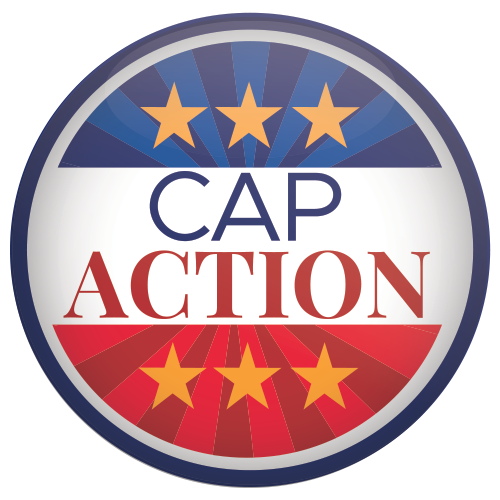
A Statement by Cathi Herrod, Esq., President, Center for Arizona Policy Action
There is good and bad news from the Arizona Supreme Court. The good news: The deceptively titled “Free and Fair Elections” ballot measure failed to gather enough valid signatures to make the ballot. The courts tossed tens of thousands of invalid signatures.
Led by our allies at Arizona Free Enterprise Club (AFEC), CAP Action contributed to the lawsuit because of the initiative’s significant threats to election integrity. If passed by voters, the initiative would have rolled back commonsense precautions set by Arizona legislators just this year, including provisions that ensure only qualified voters receive a mail-in ballot. It would have also allowed same-day registration, ballot harvesting, and it would have weakened voter ID requirements.
AFEC President Scot Mussi said, “This radical initiative imported 60 different provisions from Washington, D.C. that would have increased fraud, harmed small business, and empowered special interests. They spent over $7 million trying to buy their way onto the ballot, and they failed.”
Unfortunately, the Arizona Supreme Court allowed the so-called “Voter’s Right to Know Act” to remain on the ballot despite the proponents not following the letter of the law. The Court determined that the Arizona Secretary of State Katie Hobbs did not have the electronic portal necessary to enable signature collectors to follow the law. Hence, the Court ruled the collectors’ inability to follow the letter of the law should not invalidate the signatures gathered. We’ll know more about the Court’s reasoning in an opinion still to follow.
CAP Action joined this lawsuit along with our allies at Arizona Free Enterprise Club, Goldwater Institute, Americans for Prosperity, and Seth Leibsohn.
Now, voters will decide on November 8 whether donors to certain advocacy organizations will be subject to disclosure. The so-called “Voter’s Right to Know Act” would ensure voters knew only those who contributed to conservative organizations while shielding donors common to giving to progressive organizations. Big tech, corporate media, and labor unions are all exempt from the proposed law.
Forcing donors to be disclosed can have a chilling effect on certain contributors because of the current cancel culture.
The initiative raises significant constitutional questions due to its restriction of protected political speech.

Recent Comments